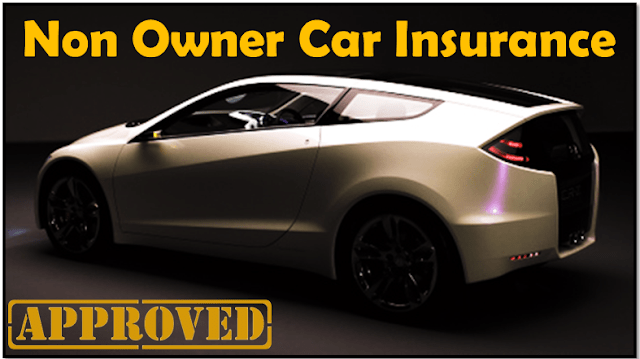Understanding Car Insurance for Seniors Without Ownership
Steering through the world of car insurance without owning a vehicle can feel like traversing a labyrinth. As a senior who borrows or rents cars, it's vital to understand your options. Non-owner auto insurance offers essential liability coverage, ensuring you're protected in case of an accident. But is it the right choice for you? Let's explore how this type of insurance can provide peace of mind and compliance with state laws.
Understanding car insurance as a senior can feel overwhelming, especially with the unique factors that impact your rates and coverage options. As a 70-year-old driver, you might find that your average annual cost for full coverage is around $2,608, which is slightly lower than the national average of $2,678. It's vital to be aware of the specific requirements in your state, as most mandate auto insurance, except for New Hampshire and Virginia, where proof of financial responsibility suffices. This means that understanding your state's laws is essential to guarantee you're adequately covered.
Navigating car insurance as a senior can be complex, but understanding your state's requirements and average costs is crucial for adequate coverage.
When it comes to the types of coverage, policies generally include bodily injury liability and property damage liability. You may also want to evaluate additional coverage like uninsured motorist protection, which can be beneficial in case you're involved in an accident with a driver who lacks insurance. This extensive approach can provide you peace of mind while driving. Having a non-owner auto insurance policy can also be a valuable option if you frequently borrow or rent vehicles.
Several factors influence your car insurance rates as a senior. Generally, rates decrease during your 50s and 60s, but they can rise after age 75 due to a higher accident risk. Maintaining a clean driving record is one of the best ways to keep your costs down. Additionally, your location matters; living in an area with high crime or severe weather can lead to increased premiums. The type of vehicle you drive also plays a significant role—luxury or sports cars typically come with higher insurance costs than standard vehicles. Moreover, seniors might benefit from discounts for long-term policyholders, which can further lower insurance costs.
Fortunately, there are various discount opportunities available specifically for seniors. If you've maintained a clean driving record, you can benefit from safe driving discounts. Completing a defensive driving course can also earn you discounts in many states. Bundling your auto insurance with other policies, like home insurance, can further reduce your overall costs. Joining organizations such as AARP can provide additional savings as well. Some insurers even offer telematics programs, allowing you to monitor your driving habits and receive lower rates based on safe driving.
Specialized insurance providers like The Hartford offer tailored programs for AARP members, including lifetime renewability. If you're a military senior, USAA provides exclusive coverage with premium benefits. Companies like Geico and State Farm are known for affordable rates and thorough coverage options, while Progressive allows you to customize your policy based on your needs.
Choosing the right car insurance policy can provide numerous benefits. Some insurers offer accident forgiveness, preventing rate hikes after your first accident. Roadside assistance is often included as an add-on, making sure you're covered in emergencies. New car replacement policies can help you cover the costs of a new vehicle after an accident. Programs like RecoverCare from The Hartford can reimburse you for household services after an accident, adding another layer of support.
Navigating car insurance as a senior may seem intimidating, but understanding these factors and opportunities can help you make informed decisions that suit your needs.
Conclusion
In today's fast-paced world, understanding car insurance for seniors without ownership is essential for your peace of mind. Non-owner auto insurance offers a practical solution, providing liability coverage while keeping costs down. It guarantees you stay compliant with state laws, whether you're borrowing a friend's car or renting one for a weekend getaway. By being informed, you're not just protecting yourself; you're embracing the freedom of mobility in a way that suits your lifestyle.

